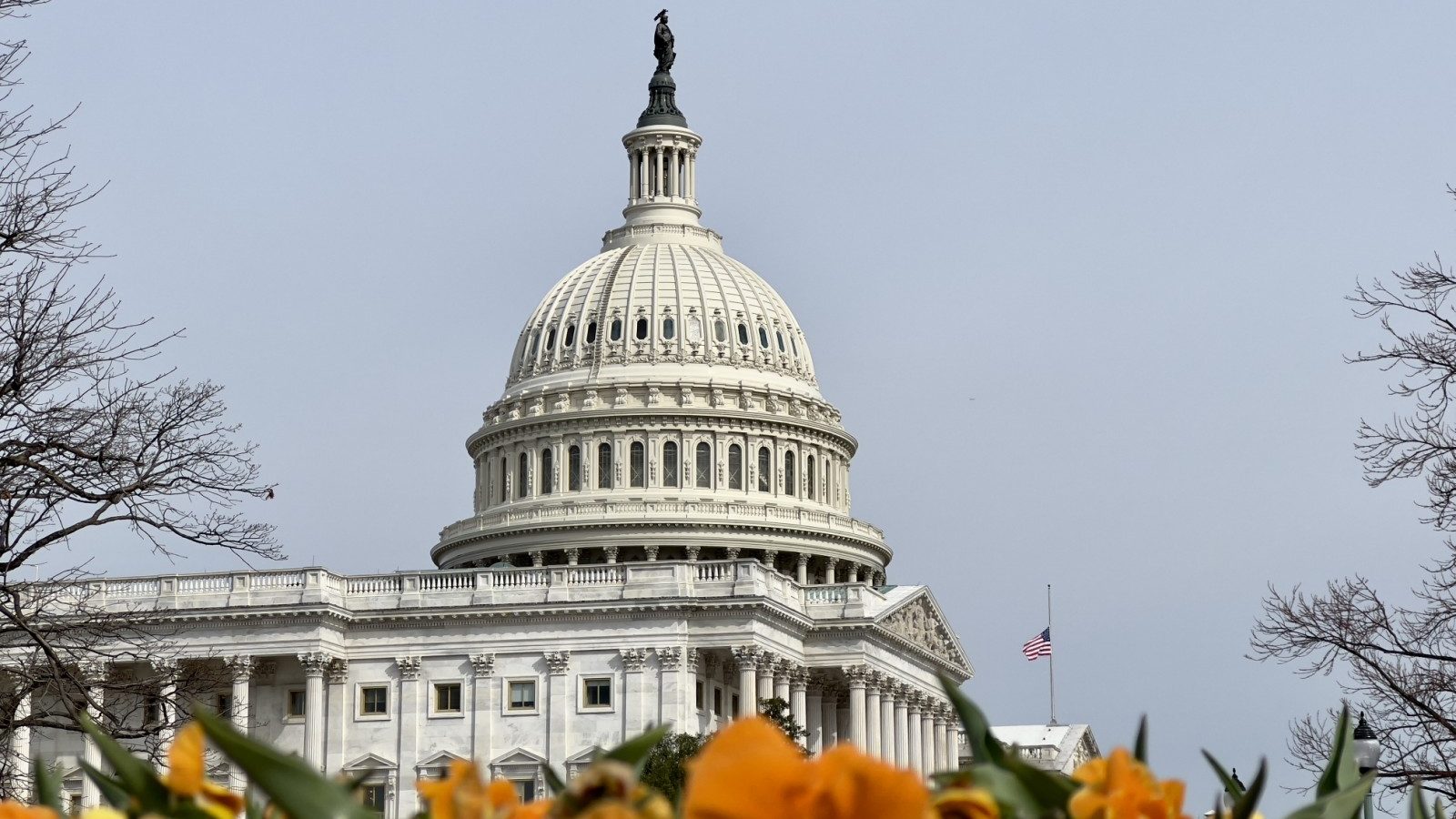Members of the U.S. Congress have said that the new administration under President Joe Biden is making decisions that run against the Caesar Act’s objective of protecting civilians. The claims by members of Congress respond to reports that the Biden administration is moving towards exempting northeastern and northwestern Syria from the Caesar Act sanctions.
In a letter to U.S. Secretary of State Antony Blinken, Congress members Claudia Tenney, Joe Wilson, and Pat Fallon added that the Caesar Act includes exemptions for humanitarian relief in Syria, so there is no point in creating new exemptions. They noted that the new administration has not explained the importance of the exemptions and their association with U.S. objectives for northern Syria.
The members of congress accused the Biden administration of not maintaining pressure on the regime in Syria through sanctions, as had been the case under former U.S. President Donald Trump. They indicated that “the administration has slowed sanctions while at other times, refraining from imposing new sanctions.”
They added that although Washington on every occasion emphasizes opposition to normalization with regime president Bashar al-Assad, it is implicitly giving the green light for normalization. They continued that the exemptions leave the impression among Syrians and regional states that the administration is already abandoning its resistance to normalizing relations with the regime.
They called on the Biden administration to provide clarification on guarantees that would confirm that Assad, his allies, companies, contractors, and investment partners would not benefit or exploit areas where exemptions would be removed, such that they would invest and reap profits and wealth.
They noted that the administration is also weakening or lifting sanctions against Washington’s opponents, including Venezuela’s unlawful Nicolas Maduro regime and the Iranian regime.
On March 11th, U.S. reports said that the administration is finalizing a resolution to exempt areas in northeastern and western Syria from Caesar Act sanctions. The reports said that the administration will exempt investors and private companies from the sanctions.
The exemptions are aimed at supporting the Syrian Democratic Forces (SDF), Washington’s partner in the fight against ISIS, as well as improving the general economic situation and reducing poverty.
On March 13th, al-Watan newspaper (pro-government, editor’s note) quoted sources described as “close to the regime” stating that exceptions to the Caesar Act sanctions in northern Syria were expected to incite separatism.
“The administration’s intention to sign an exception to these areas is an attempt to cede the benefits of finding a sustainable solution to the Syrian crisis, one that guarantees Syria’s territorial integrity, security, and stability. It is aimed at fueling separatism and legalizing the smuggling of stolen Syrian oil,” the sources told the newspaper.
The Caesar Act, or the Syrian Civilian Protection Act of 2019, requires the president to impose “sanctions on persons who provide support to or participate in deals with the Syrian government, military forces, or contractors acting on behalf of Syria, Russia, or Iran.”
The legislation also imposes sanctions on those who “deliberately sell or provide goods, services, technology, or important information that facilitates or expands the Syrian government’s domestic oil production;” those who sell “aircraft, parts or related services used by the Syrian government military forces;” and those who provide “construction or engineering services to the Syrian government”.
Sanctions include prohibitions on financial and real estate transactions and a ban on the entry of sanctioned individuals into the United States.
This article was translated and edited by The Syrian Observer. The Syrian Observer has not verified the content of this story. Responsibility for the information and views set out in this article lies entirely with the author.


